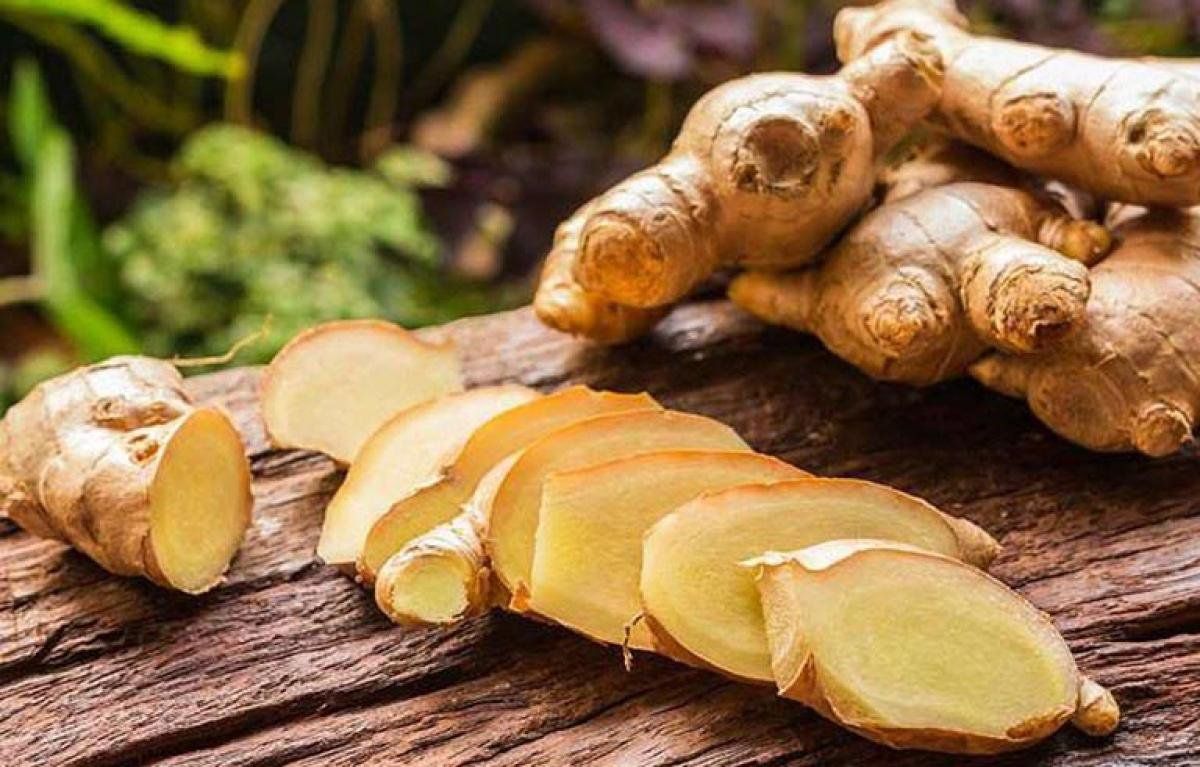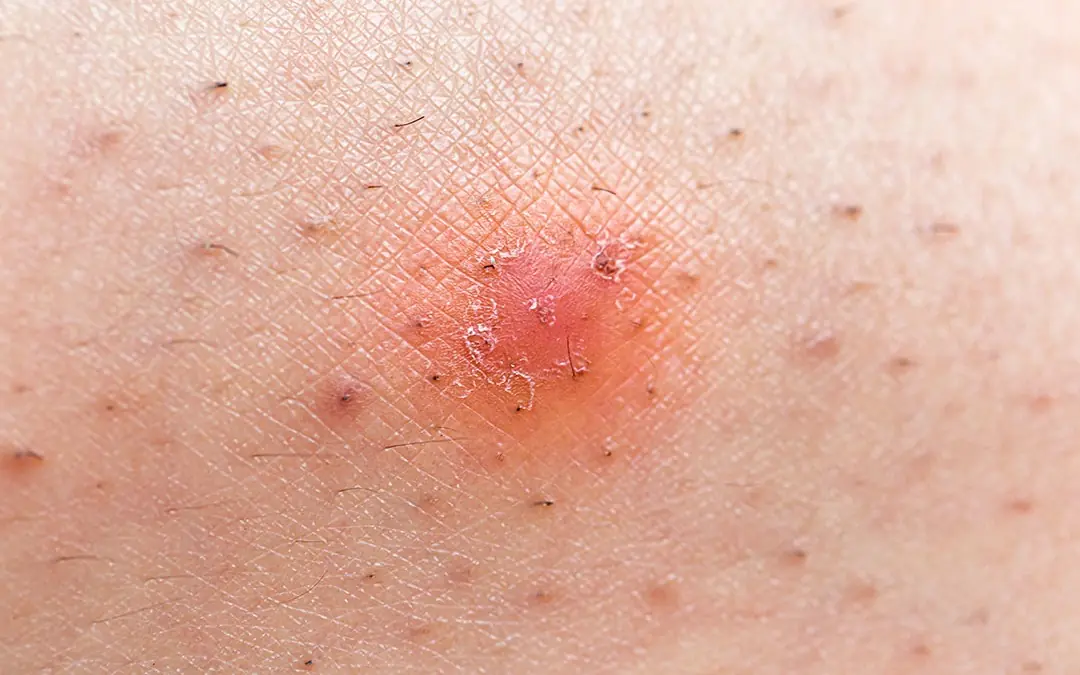
Avoid ginger if you have these 5 health problems..
Ginger is often celebrated for its powerful anti-inflammatory and digestive benefits. It’s a popular home remedy for nausea, colds, and muscle pain — and for most people, it’s perfectly safe.
However, not everyone reacts well to ginger. For certain individuals with specific health conditions, regular or high intake of ginger may actually do more harm than good.
Here are five health situations where you should think twice before adding ginger to your diet — plus safer, healthier alternatives.
1. 🩸 People with Bleeding Disorders or Taking Blood Thinners
Why to avoid ginger:
Ginger naturally contains compounds that thin the blood and prevent clotting. While this can help reduce inflammation and improve circulation in healthy individuals, it poses a risk for people with bleeding disorders or those on anticoagulant medications such as warfarin, aspirin, or clopidogrel.
Too much ginger may increase the risk of prolonged bleeding, easy bruising, or nosebleeds — especially if combined with other natural blood thinners like garlic or ginseng.
Better alternatives:
-
Use turmeric in small amounts — it provides anti-inflammatory effects without significantly thinning the blood.
-
Boost vitamin K intake through foods like spinach, kale, and broccoli to support normal blood clotting.
-
Always consult your doctor before taking herbal supplements if you’re on prescription blood thinners.
2. 🍬 People with Diabetes
Why to avoid ginger:
Ginger is known to help lower blood sugar levels by improving insulin sensitivity. However, for diabetics already using insulin or glucose-lowering medication, this can lead to hypoglycemia — dangerously low blood sugar that causes dizziness, sweating, confusion, or even fainting.
Better alternatives:
-
Drink green tea or cinnamon tea, both of which help regulate blood sugar more gently.
-
Focus on balanced meals that include whole grains, lean proteins, and fiber-rich vegetables to keep glucose levels steady.
-
Monitor your blood sugar regularly and discuss any herbal use with your healthcare provider.
3. 💔 People with Heart Disease or Taking Heart Medication
Why to avoid ginger:
In moderate doses, ginger can promote good circulation, but excessive consumption may interfere with heart medications such as beta-blockers, calcium channel blockers, or antiarrhythmic drugs. Some studies suggest that large doses of ginger may cause irregular heartbeat, blood pressure fluctuations, or heart palpitations.
Better alternatives:
-
Use garlic or omega-3 fatty acids (found in salmon, flaxseed oil, or walnuts), which help lower cholesterol and reduce inflammation safely.
-
Prioritize a heart-healthy diet low in sodium and rich in fruits, vegetables, and healthy fats.
-
Always check with a cardiologist before using any herbal remedies.
4. 🤰 Pregnant Women (Especially in the Last Trimester)
Why to avoid ginger:
Ginger is often recommended in early pregnancy to relieve morning sickness. However, in the third trimester, large amounts of ginger may stimulate uterine contractions, potentially leading to preterm labor or miscarriage. The risk is small but worth avoiding, particularly for women with a history of pregnancy complications.
Better alternatives:
-
Sip warm lemon water or peppermint tea to ease nausea naturally without stimulating the uterus.
-
Eat small, frequent meals and avoid spicy or greasy foods that can worsen morning sickness.
-
Always discuss herbal use with your obstetrician before taking supplements.
5. 🧠 People with Gallstones or Stomach Ulcers
Why to avoid ginger:
Ginger increases bile secretion and stomach acid — helpful for digestion in most people, but potentially irritating for those with gallstones or peptic ulcers. It can worsen symptoms such as bloating, nausea, or upper abdominal pain.
Better alternatives:
-
Try chamomile tea or aloe vera juice, both of which soothe the digestive tract and reduce acid irritation.
-
Eat smaller, more frequent meals and limit fried or acidic foods.
-
Consult your doctor before taking any digestive herbs if you have chronic stomach issues.
🌿 Summary Table
| Condition | Why Ginger Is Risky | Healthier Alternative |
|---|---|---|
| Bleeding disorders | Increases bleeding risk | Turmeric (small amount), Vitamin K foods |
| Diabetes | May cause low blood sugar | Green tea, cinnamon tea |
| Heart disease | Can affect heart rhythm | Garlic, omega-3 oils |
| Pregnancy (late stage) | May trigger contractions | Lemon water, peppermint tea |
| Gallstones / Ulcers | Increases bile and acid | Chamomile tea, aloe vera juice |
💡 General Tips for Better Health

-
Eat a balanced diet rich in colorful fruits, vegetables, and whole grains.
-
Stay hydrated — drink at least 6–8 glasses of water per day.
-
Avoid excessive caffeine, sugar, and processed foods.
-
Get regular exercise, manage stress, and aim for at least 7 hours of quality sleep.
-
Remember: even natural foods like ginger can have strong effects — always use them wisely and in moderation.
News in the same category


🌙 7 Gentle Drinks Before Bed That May Support Blood Sugar & Reduce Nighttime Urination

When your liver is bad, these parts start to hurt

People with these 3 health problems should NEVER drink coffee

If you have nail fungus, try this natural cure; it goes away fast

12 everyday habits that quietly raise your stroke risk

Drink this before bed to balance blood sugar & stop nighttime bathroom trips!

Doctors reveal that consuming bananas at 11 am causes in

Fatty liver disease: 6 symptoms you need to know

The Mystery Behind Sudden Sharp Chest Pains Has Finally Been Solved

10 Unusual Foot Symptoms That May Indicate Diabetes

Eat This Seed and Watch Your Vision Improve — Especially After 60!

Why You Should Never Ignore a Bump on Your Inner Thigh and How to Get Rid of It

New Research Finds 40–50% of Colon Cancer Cases Can Be Prevented by Doing These Simple Things

CLOGGED ARTERIES TRIGGER HEART ATTACKS AND STROKE EAT THIS TO HELP UNCLOG YOUR ARTERIES

How Water Fasting Triggers Powerful Cellular Healing and Reveals Surprising Long-Term Benefits

5 Hidden Signs Cataracts Are Already Affecting Your Eyes (and How to Stop Them After 60)

90% of Diabetes Cases Could End If You STOP These Foods

Drink One Cup Daily of Mullein Tea to Cleanse Your Lungs of Phlegm and Toxins
News Post

Showering with Your Partner

The Night a Stranger Saved Me and My Daughters.

The Kindness We Don’t Film.

The Picture Worth a Pulitzer.

The Daddy Doll That Means Everything.

The Woman Who Refused to Be Silenced.

Wells: The Brave Heart Who Fought with Every Beat

Ava’s Second Chance: The Baby Who Fought Back from Cancer Before Her First Birthday

Oscar’s Fight: From Laughter on the Water to a Battle for Life

When Love Refuses to Let Go: A Father’s Prayer Beside His Daughter’s Hospital Bed

A Mother’s Plea – Krzyś’s Courageous Battle Against Ewing’s Sarcoma

Millionaire Dresses as a Bum and Visits His Company on an Undercover Mission — Story of the Day

Strangers Yelled at Me to Take My Crying Baby Outside Out of a Pharmacy — But Then Someone Walked In and Silenced Them All

My FIL Mocked Me for Renovating the House Myself—Then Told Everyone It Was His Handiwork

A 12-Year-Old's Courage and Compassion: Officer Saves Puppy After Girl Drives to the Vet

Nikita’s Fight for Life: A Little Boy’s Battle Against Impossible Odds

The Golden Guardian: How One Dog’s Love Helped a Little Girl Heal

Harris’ Story: The Boy Who Learned to Walk Again
